
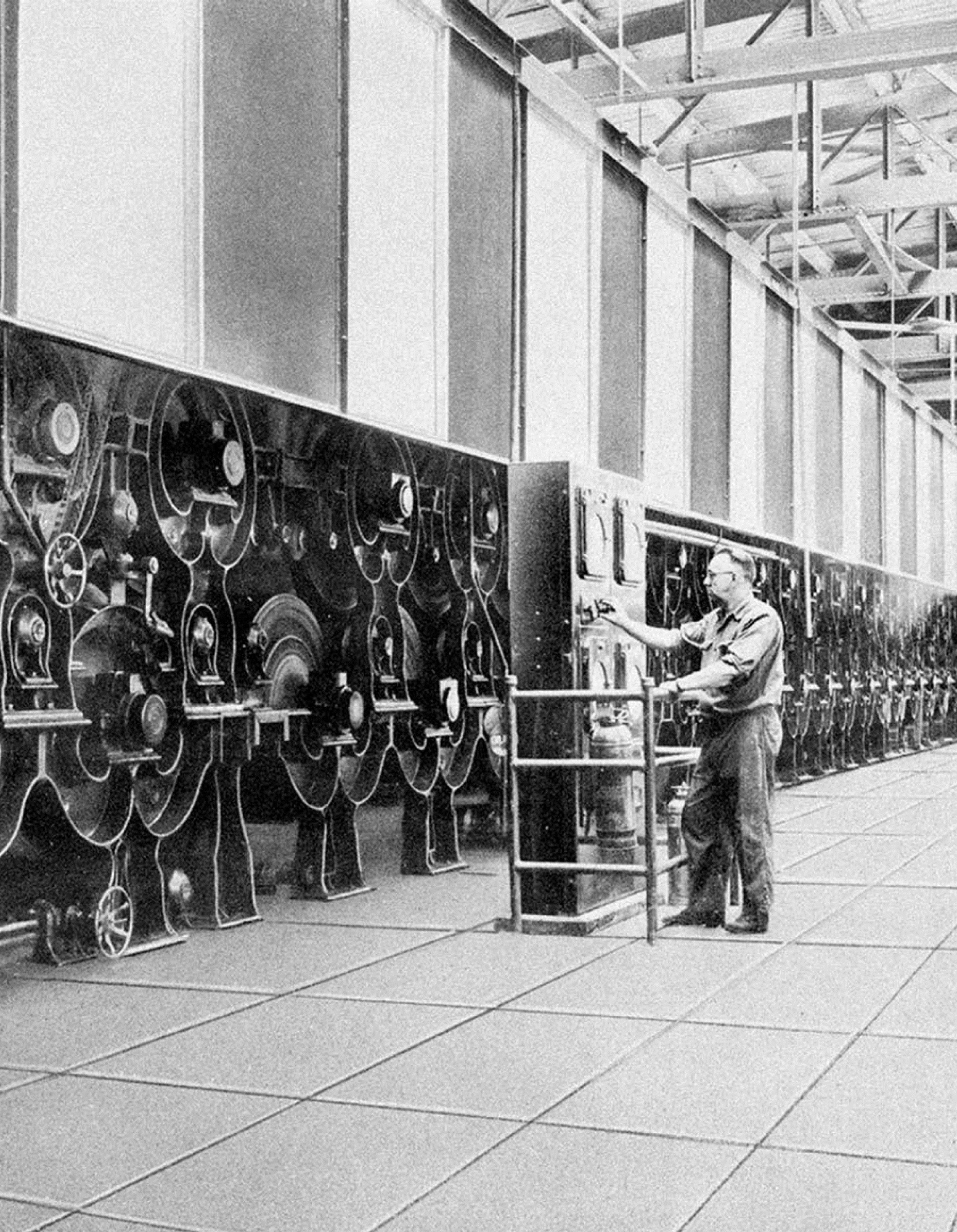

University Press of New England
www.upne.com
2018 Jamie Sayen
All rights reserved
For permission to reproduce any of the material in this book, contact Permissions, University Press of New England, One Court Street, Suite 250, Lebanon NH 03766; or visit www.upne.com
Library of Congress Cataloging-in-Publication Data
Names: Sayen, Jamie, author.
Title: You had a job for life : story of a company town / Jamie Sayen.
Description: Hanover : University Press of New England, 2018. | Includes bibliographical references and index.
Identifiers: LCCN 2017013164 (print) | LCCN 2017033176 (ebook) | ISBN 9781512601404 (epub, mobi, & pdf) | ISBN 9781512601398 (pbk.)
Subjects: LCSH: Paper industryNew HampshireGroveton Case studies. | Paper millsNew HampshireGrovetonCase studies. | LaborNew HampshireGrovetonCase studies. | Plant shutdownsNew HampshireGrovetonCase studies. | UnemployedNew HampshireGrovetonCase studies. | Groveton (N.H.)Economic conditions.
Classification: LCC HD9828.G76 (ebook) | LCC HD9828.G76 S29 2018 (print) | DDC 338.4/76760974221dc23
LC record available at https://lccn.loc.gov/2017013164
For Rachel OMeara
I think back then everybody had a good job, was making good money. I dont know if everybody was happy, but at least they had a pretty secure place to work. Right now the town is, I think, in turmoil. Nobody has a job; well, they have jobs, but theyre not making twenty bucks an hour like they were in the mill. Once you got in the mill back then, unless you chose to leave there, you had a job for life. I think times were a lot better in Groveton back then. There was beer joints all over the place, and everybody was making a living, and everybody was happy. We lived right across the tracks, and I used to bitch about the sound of the mill in the summer when the windows are open, but it was a pretty good sound when you was working here. I didnt have to drive to work. Five minutes, I was in my job. Unbelievable.
LAWRENCE LOLLY LAPOINTE | worked at the mill for over thirty years
 Contents
Contents
- INTRODUCTION
Builders and Destroyers - CHAPTER ONE
The Life of the Town - CHAPTER TWO
Feeding the Mill - CHAPTER THREE
Making Paper - CHAPTER FOUR
Prosperous Plant - CHAPTER FIVE
Ratville, NH - CHAPTER SIX
Three Generations of Wemysses - CHAPTER SEVEN
Crown Prince - CHAPTER EIGHT
The Perfect Balance - CHAPTER NINE
The Dark Side - CHAPTER TEN
A Fateful Decision - CHAPTER ELEVEN
End of an Era - CHAPTER TWELVE
The Worst Years - CHAPTER THIRTEEN
The Best Years - CHAPTER FOURTEEN
A Battle We Couldnt Win - CHAPTER FIFTEEN
Controllables and Uncontrollables - CHAPTER SIXTEEN
F This - EPILOGUE
They Ruined This Town - POSTSCRIPT
The Day When Corporate America Doesnt Run Us
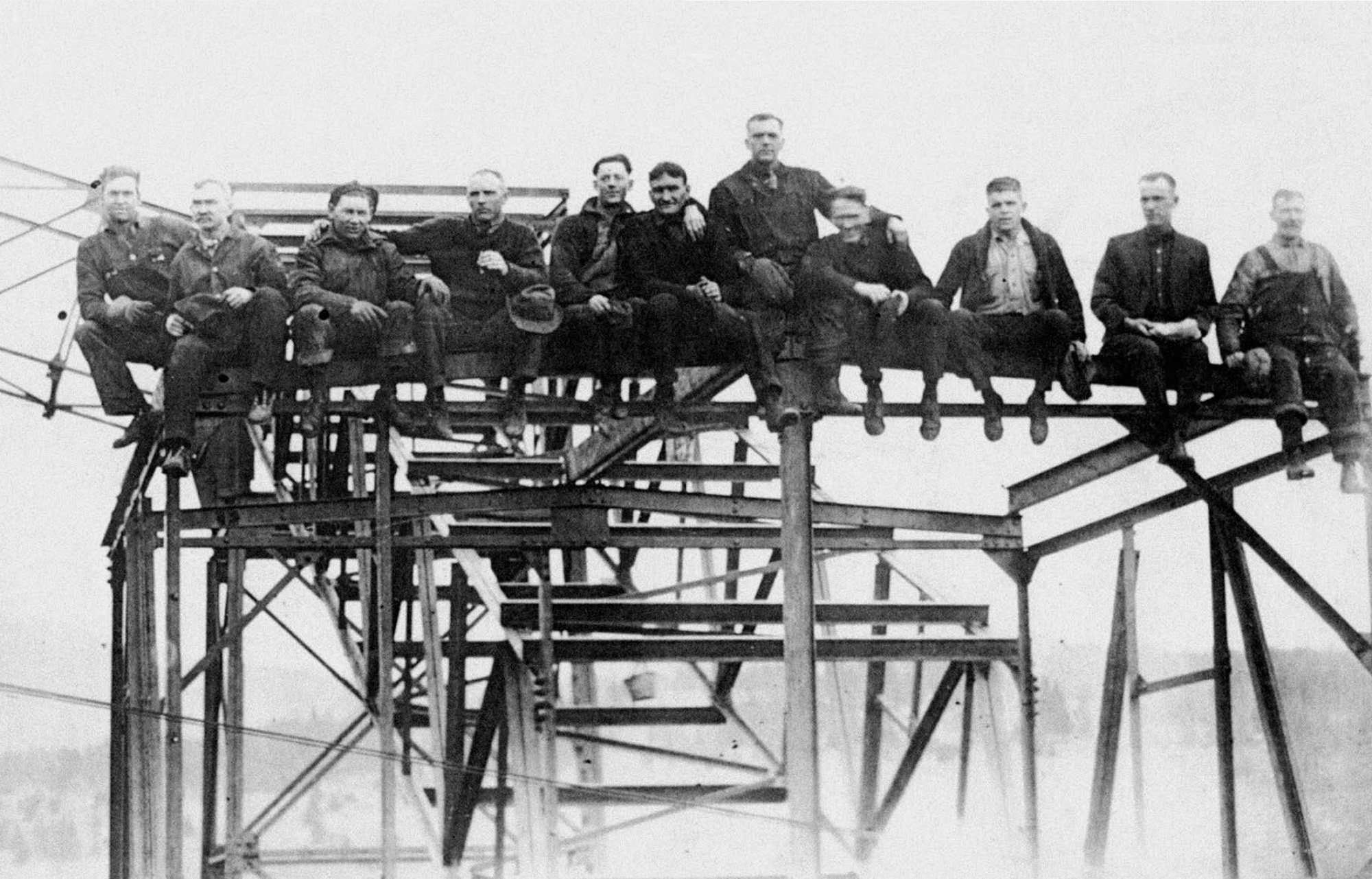
Introduction
BUILDERS AND DESTROYERS
JAMES CAMPBELL WEMYSS SR. purchased the bankrupt paper mill in Groveton, New Hampshire, in 1940. Old Jim, as he was known around town, revived the mill and the towns fortunes. His son, Jim Jr., was seriously wounded as a nineteen-year-old soldier in 1945. He joined the family business three years later. Father and son diversified the mills product lines and doubled the size of the mill in the quarter century following World War II.
The senior Wemyss owned the mill outright until the Wemyss family merged with Diamond International in 1968. Jim Jr. continued to rule over the mill and the village of Groveton for another fifteen years as vice president of Diamond and a member of Diamonds board of directors. In 1982, the Anglo-French financier Sir James Goldsmith completed a hostile takeover of Diamond International. Jim Jr. no longer controlled the northern New Hampshire paper mill, and the era of engaged local ownership of the mill ended. The following year, Goldsmith sold the mill to James River of Richmond, Virginia. The new owner eventually starved the mill of investment capital. Late in 1992, Wisconsin-based Wausau Paper Mills Company bought the dying mill for the bargain price of $20 million. Wausau invested lavishly until 2000; thereafter, austerity reigned. In 2007, Wausau closed the Groveton mill without consulting local management. A covenant Wausau placed on the mill deed forbade future owners from making paper.
For over thirty years, Jim Wemyss Jr. was involved in every aspect of the mills operations. When the paper machines were making bad paper, young Jim was renowned for throwing his coat on the floor, stomping on it, and then ranting and raving at the unlucky superintendent of paper machines. Wemyss was also a notorious practical joker who might light a cherry bomb and fling it anonymously into the office of one of his mill managers, or fire off his small cannon to entertain an IRS agent assigned to audit the mill. Many of his employees loved Wemyss; others loathed him. Most respected his encyclopedic knowledge of the mill, his loyalty to his workers, his commitment to promote union men to management positions, and his willingness to pitch in during a crisis.
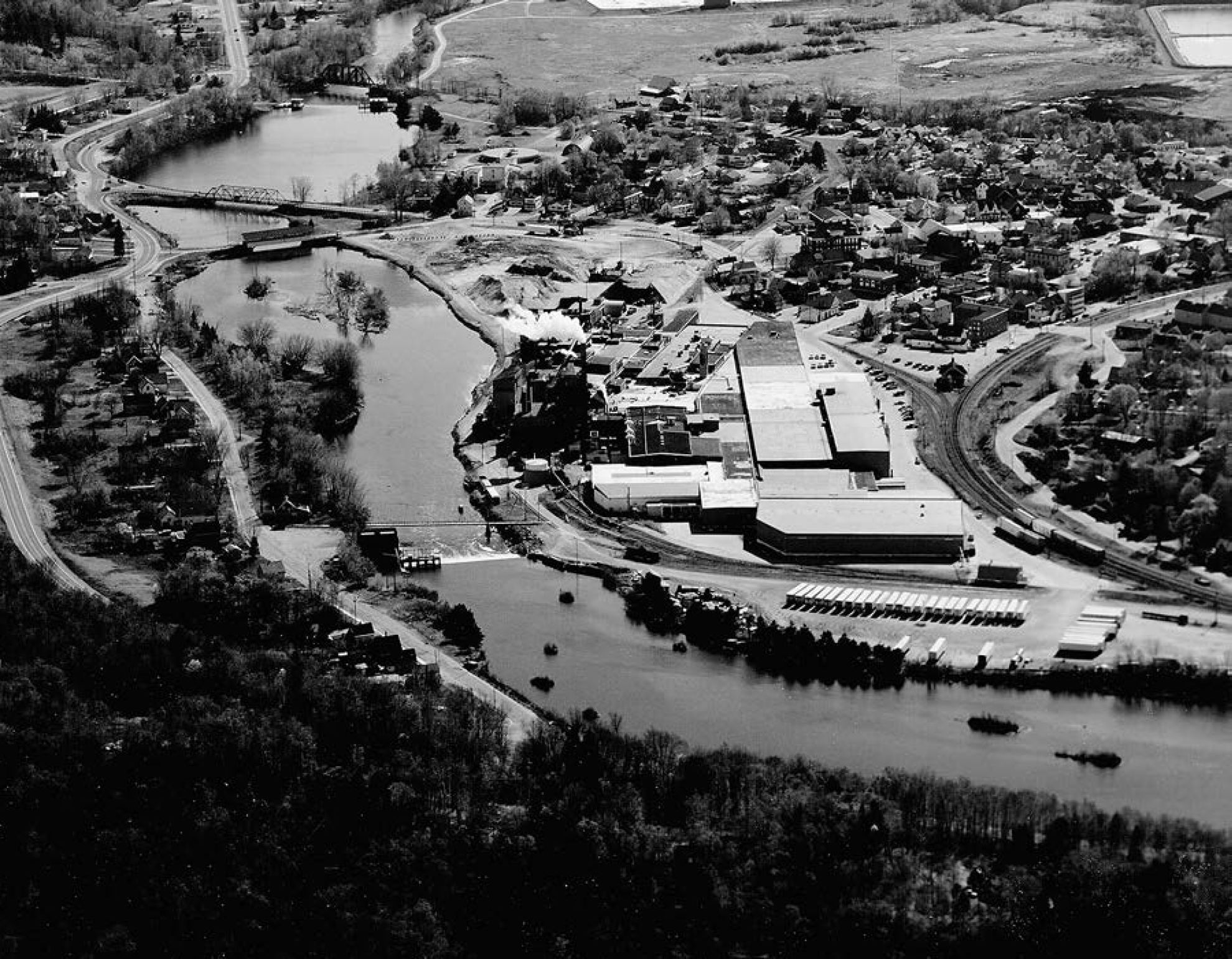
From the air, the Groveton Papers mill appeared as a large rectangle that was oriented from southwest to northeast. This aerial view, looking southwest, taken in 1993, shows the mill complex. The sections nearest to the Upper Ammonoosuc River were the oldest. They contained (from top of photo to bottom): the wood room, the old pulp mill (removed after 1972) and the Groveton Paper Board pulp mill, the bleach plant, the water filtration plant, and the boilers. The large middle section housed Number 1 and 2 paper machines (Number 6 replaced Number 2 in 1972); the electric and maintenance shops; the stock prep department; the building housing Number 3 and 4 paper machines, and old Number 4 finishing room. The long flat-roofed Verrill Building that was added in 19601961 contained the main office, the fine-papers finishing department, and the warehouses and shipping department. The section at the far right was the Groveton Paper Board addition of 19661967 that housed Number 5 paper machine. (Courtesy GREAT)
On one occasion, a hose had fallen into the stock chest and become entangled in the agitator; the crew was about to drain the tank when Wemyss appeared and countermanded the order: Id just come from a party, and I had a tuxedo on. I said, Anybody with a sharp knife? All paper people had knives. I took my bow tie, coat, and shirt off and dove into the stock chest, deeper than this room. Im a scuba diver. I knew where the agitator was, and I went down and grabbed it [the hose] like an octopus, and cut it all off in hunks and came up, handed it to them, and said, Lets start this goddamned place up. I came out to the car; my wife said, Whats all that black all over you? Go home. Get in the shower. You look terrible [
Next page
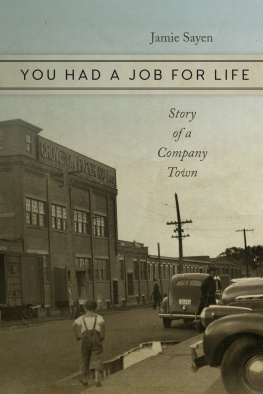


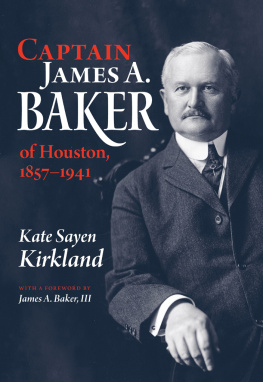





![Kathleen Jamie [Kathleen Jamie] - Among Muslims](/uploads/posts/book/141349/thumbs/kathleen-jamie-kathleen-jamie-among-muslims.jpg)







